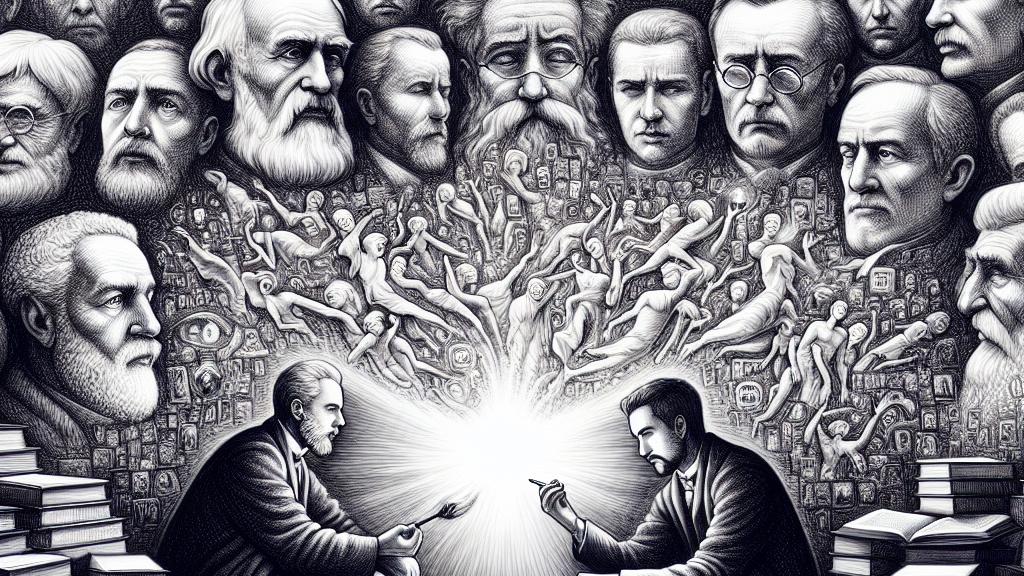The Intellectual Shift: Understanding Christian Conversions in Modern Times
Overview
- An intriguing trend emerges as notable intellectuals embrace Christianity after years of skepticism.
- Several key factors—including cognitive analysis and disillusionment with secular values—drive these conversions.
- This movement highlights a renewed intellectual credibility of Christianity in the contemporary cultural landscape.

The Trend of Conversion
In Brazil, an astonishing trend is burgeoning where esteemed intellectuals and influential public figures are transitioning to Christianity. This phenomenon contrasts starkly with the emotional, often impulsive conversions typical of the Jesus Revolution in the 1970s. Today, individuals such as A.N. Wilson, an accomplished Oxford alumnus, and historian Tom Holland have articulated their intellectual journeys back to faith. Wilson's reflections on finding the divine in all aspects of life resonate deeply, and he has indicated, 'The richness of faith surpasses the bleakness of materialism.' Holland has similarly shared, acknowledging that Christianity serves as the foundation of his moral compass. Such examples are not just personal stories; they signify a broader cultural reassessment of the role and relevance of Christianity in informed circles.
Reasons Behind Intellectual Conversions
So, what propels this wave of conversion among the educated elite? The reasons are both compelling and diverse. Many high-profile figures cite an intellectual allure in Christianity, which challenges the uncertainties highlighted by secular humanism. Take Ayaan Hirsi Ali, for instance; after her transitions from Islam and atheism, she proclaimed that Christianity presents 'the only credible answer' for upholding human values. Furthermore, the quest for a strong moral framework leads many to Christianity, where ethical teachings often provide a cohesive approach to life's challenges. This growing disenchantment with secular ideologies creates an open door for the faith to present its deeper philosophical insights, inviting those disillusioned by secular beliefs to seek the solace and clarity that Christianity offers.
Implications for Christianity's Future
This fascinating trend doesn't just beg questions about the nature of conversion; it invites us to ponder what true faith entails. Critics often voice their concerns that these new intellectual converts might lack the experiential and emotional dimensions that evangelical traditions highlight. However, it's crucial to balance cognitive understanding with heartfelt spirituality. As Christianity spreads across the globe—particularly in regions such as Africa and parts of Asia—new adherents strive to merge intellectual reasoning with profound spiritual experiences. This dynamic interplay could redefine the landscape of faith, potentially transforming how Christianity is practiced and understood, encouraging a harmonious integration of both mind and spirit on the journey of belief.

Loading...